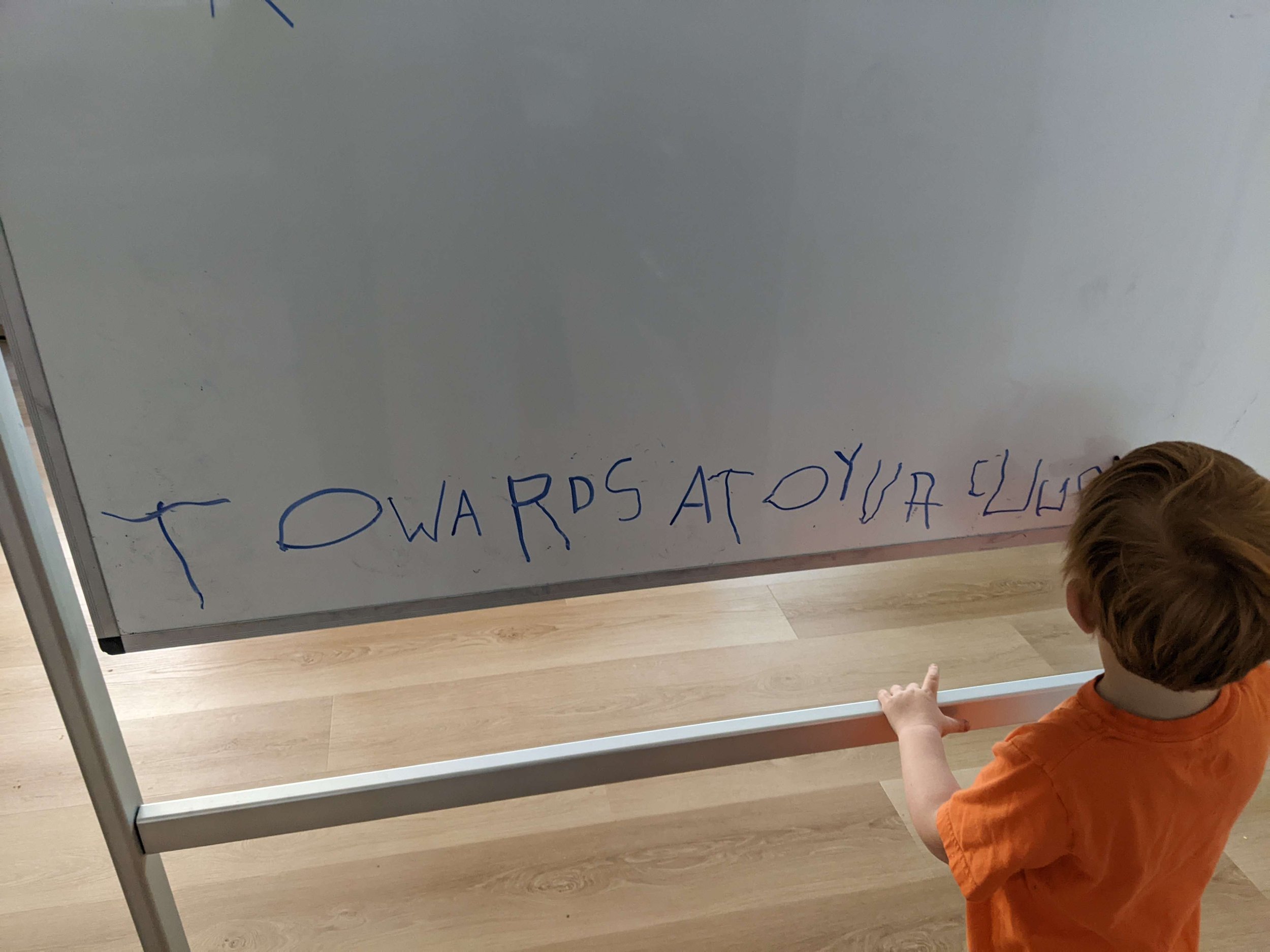




Do kids learn to read at their own pace?
Do nontraditional schools give kids the support they need to master literacy?



C is a first grader at the school who wrote this blog post.


Do nontraditional schools give kids the support they need to master literacy?